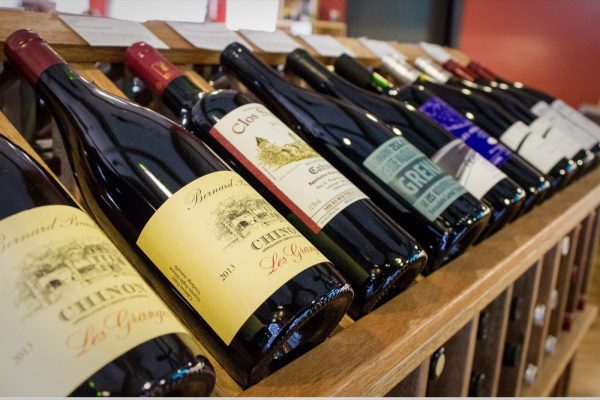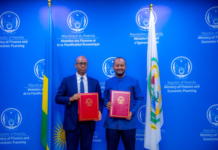South Africa’s wine industry is at a tipping point as many wine businesses, particularly small companies and those under black ownership, face potential closure in the next three to 12 months. This is according to the Impact of Covid-19 on the Wine Value-Chain Survey.
The survey, which was conducted by the industry representative body Vinpro, attributed this to the recurring restrictions on domestic wine sales. It was conducted among wine grape producers, wineries and other wine-related businesses.
58% of the 549 respondents indicated that their businesses would have to make drastic changes over the next year to be able to overcome the current challenges related to Covid-19, and 22% would in all probability not be able to survive at all. More alarming was that 46% of black-owned brands and farms believed that their businesses would not be able to survive the next year.
Around two-thirds of all respondents’ revenue was generated from domestic wine sales, which emphasised the importance of domestic trade for the survival of the industry. The local market was of particular importance to smaller wineries and black-owned brands, which were heavily reliant on sales channels such as their tasting rooms, hospitality offering and e-commerce.
Bridging finance
Vinpro managing director Rico Basson said that according to the Economic Value of Wine Tourism Study conducted by Vinpro in 2019, wine tourism represented 41% of these small businesses’ total turnover.
“It’s especially the small and micro enterprises that do not have sufficient bridging finance to sustain them through the current and continued restrictions. Many wine businesses are at the edge of a cliff, and the livelihoods of thousands of employees are being endangered in the process. South Africa is the only country in which liquor sales have been banned with no financial assistance from national government, despite repeated requests from the wine industry. Instead, government chooses to close our industry without reliance on empirical evidence to back their decisions and seems apathetic towards its citizens’ plight for survival,” said Basson.
Vinpro and its partners in wine, tourism and agriculture have submitted a number of funding proposals over the past year to various government departments to stabilise an industry that has already incurred financial losses of more than R8 billion.
It said the Western Cape Department of Agriculture needed to be commended on heeding the call and for funding two initiatives: a R12-million wine tourism worker support stipend and a R13.5m producer and brand-owner protection support grant.
Differentiated approach
Basson said the fact that the national government chose not to take a differentiated approach to decisions with regard to the management of Covid-19 meant that the ban could be extended for the next four to five weeks after the current two-week ban set to end on July 11. He said many wine businesses would go under, or would have to lay off staff, because they would not have sufficient cash-flow to fund their payroll.
According to the survey, participants already had to lay off a significant number of workers since the start of the lockdown in March last year, had to take in less seasonal labour or were unable to fill new positions. Many who have managed to keep staff on were unable to pay their full salaries, which also had a negative effect on the livelihoods of the families dependent on the industry. If the ban continued for another six weeks after July 11, respondents indicated that they would be able to fund only 51% of their normal monthly payroll. Compared to this, black-owned brands and farms would be able to fund only 31% of their payroll, leaving more than two-thirds of their staff without an income.
South African Wine Industry Transformation Unit operations manager Wendy Petersen said black-owned brands and farms had worked hard over the years to stay abreast and try to be sustainable in a challenging industry.
“The recent ban on alcohol sales has deteriorated this situation, and we are unsure if these enterprises will survive the next month. This is devastating to witness, as livelihoods of people and families are at risk and the situation is out of their control,” said Petersen.








